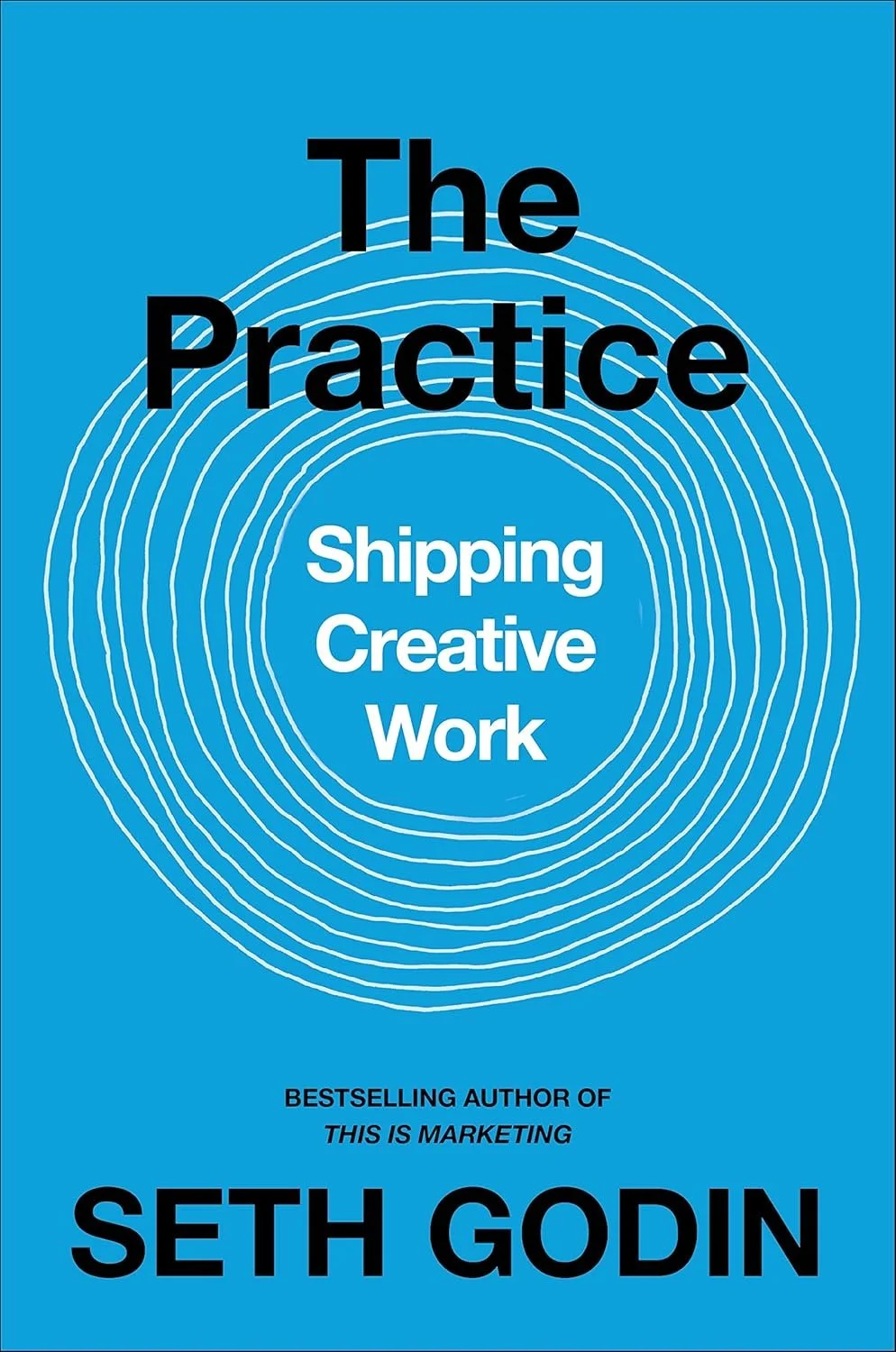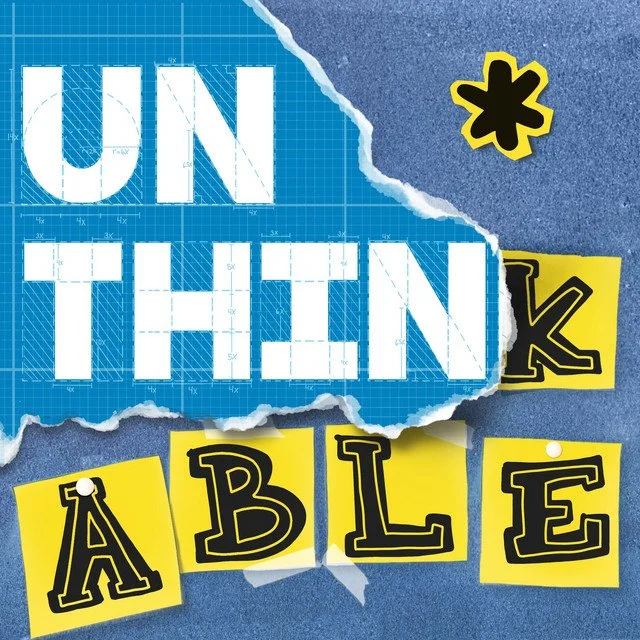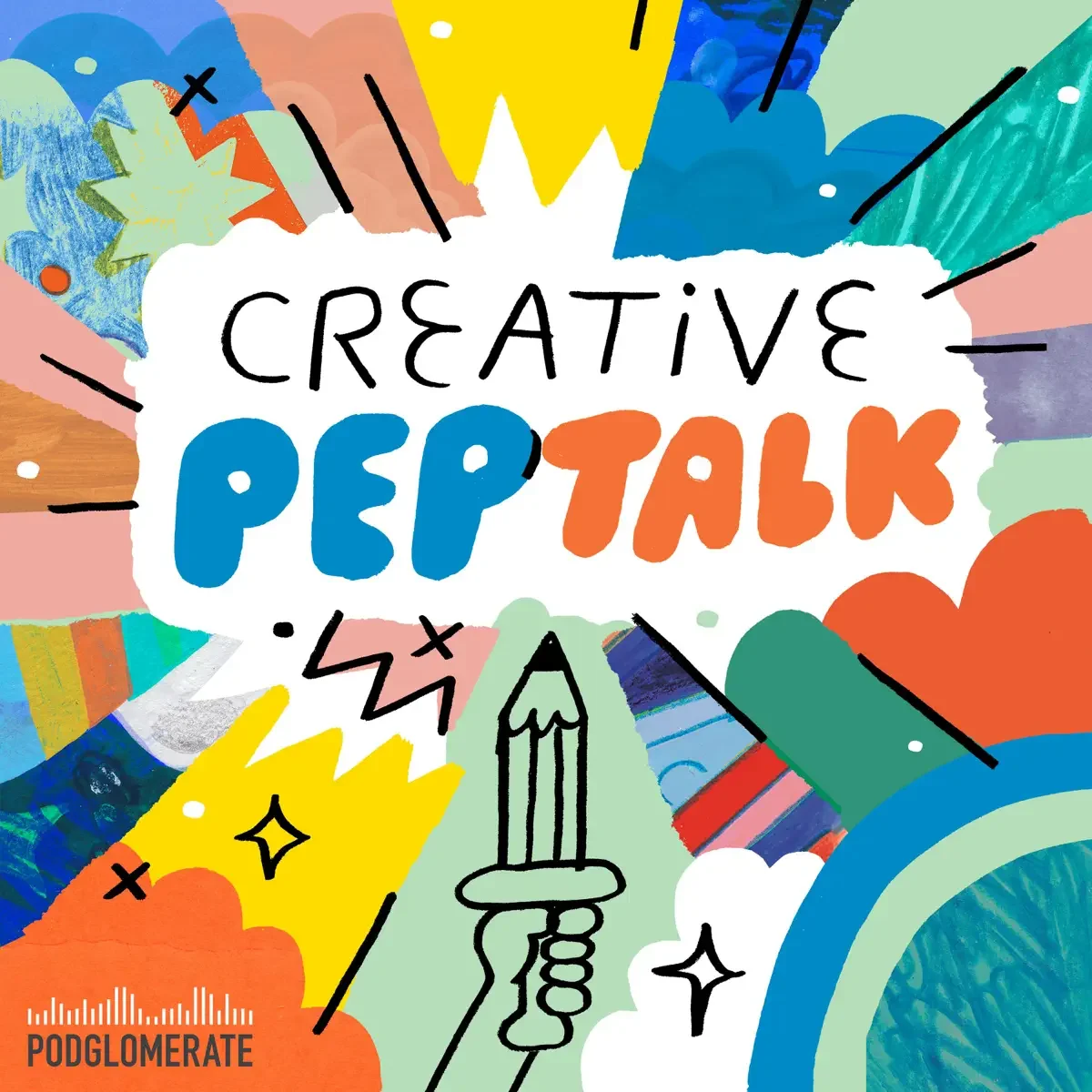Creative ambition, perfectionism, and the fear of being seen
Lately, I’ve been thinking a lot about creativity, and why it’s so hard to share the things I make.
At the moment, I have seventeen half-finished projects in motion. Every single one started from an idea I was genuinely excited about… until the moment I had to decide whether to share it.
Between building Story Sippers, writing blog content, designing digital products, dabbling in crafts, and planning for future events and workshops, I’m overflowing with ideas. But when it comes time to put something out into the world? That’s where I freeze. I worry people won’t like what I’ve made. I worry they’ll judge the idea itself. And if I share something too soon and don’t follow through, I’m afraid I’ll look like a failure. (And I was recently made redundant after five years in my role, so the failure thing is hitting a little harder than usual.)
So I tried something I hadn’t done before: I brought my creative block to ChatGPT and treated it like a coaching session. Not for content ideas or captions, but to figure out what was actually keeping me stuck.
What followed was one of the most unexpectedly helpful conversations I’ve had about perfectionism and creative fear. I’m sharing it here because it gave me a new framework for thinking about visibility—and if you’re ambitious, creative, and quietly paralyzed by the fear of being judged, maybe it’ll help you too.
The starting point
My original prompt was messy but honest:
I have a fear [I don't like that word, but it is what it is] of being judged by other people, and I have a high sense of pride in things I do. I've been called a perfectionist... I want to be more creative and share more of the things I create with the world (for example, my Story Sippers brand and business ideas). I'm not sure how to overcome my mental roadblocks, though. I've seen books on creative journaling and writing prompts, but those don't seem to click for me. What other books or podcasts might be good for my personality type?
ChatGPT's response cut right to the heart of it. It said what I was describing is a real tension for high-achieving, thoughtful people. That I have a "clear desire to create and share, but perfectionism, fear of judgment, and a strong internal bar can turn the whole process into a mental minefield."
More importantly, it noted that my disinterest in traditional creative journaling prompts was actually a clue. I might benefit from content that "frames creativity less as self-expression and more as identity-safe experimentation"—a space where I'm allowed to be unfinished, iterative, and strategic.
That reframe was actually useful to me.
Questions that changed my perspective
To help me more effectively, ChatGPT asked several questions. Here are the key ones with my answers, and what they revealed:
When you say "create," what do you mean?
All of it. Writing, website copy, digital product design, crafting, workshop planning, presenting to groups. I want more confidence in everything I produce.
What triggers your fear of judgment most: early ideas or finished work?
Both. I'm afraid people won't like what I create, so I'll fail. That fear kicks in before I’ve even started. It makes me hesitant to share early-stage ideas unless I’m talking to someone I deeply trust.
Do you prefer structure or creative freedom?
This one’s tough. The usual advice for creatives is to let go, be spontaneous, ditch the rules. But when I think about what actually helps me feel comfortable, it’s a mix of both: having a process to fall back on, but the autonomy to think and act outside the box.
With a framework in place, the pressure doesn’t sit solely on my creativity. If something flops, I can look at the system, not just blame myself. That’s not a limitation. It’s how I work best. It’s what makes risk feel manageable.
It might sound like a cop-out, but it’s not. Knowing this about myself has the power to change everything.
How do you define success when you share something publicly?
For me, it’s by attention and income, not just internal satisfaction. That’s a little uncomfortable to admit, but it’s true. I want what I make to be seen. I want it to resonate. And yes, I want it to pay off. Not just in validation, but in actual returns. That doesn’t make the work less meaningful, it just means I’m creating with outcomes in mind.
What I needed most: A new way of thinking about visibility
I’m not blocked because I lack ideas or skills.I’m blocked because I’m highly invested. I care. That realization is the foundation for everything.
My fear of judgment isn’t a personality flaw, it’s a side effect of being deeply invested in what I make. I don’t want to just put stuff out for the sake of it. I want it to land. To matter. And when you care that much, the fear of being seen is real. But so is the possibility that it resonates.
I didn’t need more creativity prompts. I needed a framework that:
Made sharing feel less risky
Let me build confidence in small, strategic steps
Balanced structure with a little bit of play
Removed the pressure to be polished from the start
From that ChatGPT conversation, I landed on a combination of resources and a mindset framework I’m now starting to explore:
Books that go beyond the usual “just be creative!” advice and actually align with how I work.
Podcasts that focus on resilience, visibility, and mindset.
Resources that align with my mindset
Instead of generic “unleash your creativity” advice, I needed resources that speak to how I actually work. Here are a few that stood out:
Books
The Practice by Seth Godin
Reframes creativity as a daily discipline. Takeaway: creativity is about showing up, not waiting to feel inspired.
The Perfectionist’s Guide to Losing Control by Katherine Morgan Schafler
This one treats perfectionism with nuance. She distinguishes between healthy and unhealthy perfectionism and makes space for high standards to be a strength, not a flaw.
Show Your Work by Austin Kleon
Bite-sized, practical advice on sharing imperfectly and regularly. It’s about documenting process, not just outcomes.
Podcasts
Unthinkable with Jay Acunzo
Focuses on making meaningful work rather than chasing what’s popular.
Creative Pep Talk with Andy J. Pizza
Balances vulnerable storytelling with actionable ideas. Ideal for creatives who need a mix of heart and strategy.
A new framework for sharing creative work
Instead of the all-or-nothing approach I’d been stuck in, I’m trying a more progressive strategy.
1. Shift from “polish” to “progress:” I'm experimenting with sharing early thoughts as "ideas in progress," letting unfinished things be part of the narrative, and
2. Use creative constraints that feel safe: Rather than open-ended prompts, I'm using light structures to help me override perfectionism. Some tools I’m experimenting with:
30-day “share something small” challenges
Portfolio-in-progress docs (private narration space)
45-minute sprints with no editing until the next day
3. Use a progressive visibility ladder: This approach makes sharing feel less terrifying by building confidence gradually:
Controlled Exposure: Behind-the-scenes glimpses that signal activity without full commitment
Guided Invitation: Asking for input early to gather feedback with low stakes
Framed Showcase: Sharing finished work with context about the journey or intention behind it
This ladder works for both personal sharing and brand building. It's about creating momentum without overexposing early ideas.
Where I am now (and where I'm going)
I haven't mastered all of these strategies yet, and I don't want to pretend I've got it figured out. I'm still someone who struggles to share things before I feel ready. I still worry that people won't like what I make, or that trying and failing will be worse than not trying at all.
But I also know I don't want to stay stuck. So I'm treating this whole process as a mindful practice. Something I build through small, intentional actions rather than forcing myself into visibility all at once.
Like any new habit, it’s going to take time, consistency, and self-compassion. I won't get it right every time. There will be creative missteps, posts that get no engagement, hours poured into things that don't land. There will be moments where I freeze up again or disappear into overthinking. But instead of letting those moments derail everything, I want to get better at understanding what went wrong so I can move forward without getting stuck in self-doubt.Not everything has to be a big win, and I don’t want one disappointment to derail the momentum I’ve been building.
This framework gives me a starting point and a process to lean on when perfectionism kicks in. It reminds me that I can keep making, keep experimenting, and keep growing, even when my inner critic is loud.
The framework itself isn't static either. I'll add approaches, toss out what doesn't work, and reshape it as I learn more about what actually supports me. Because creativity isn't just about producing, it's about learning how you work and creating the conditions that help you thrive.
If you're in that place too—excited to create but scared to be seen—I hope this gives you a way forward. Not a solution, but a starting point.
Psst…Want the full list of books, podcasts, and frameworks I mentioned? I've put together a downloadable resource sheet with everything organized and ready to reference.
You can grab it here.
Heads up, Story Sippers: This post contains affiliate links, which means I may earn a small commission if you make a purchase through them. As an Amazon Associate, I earn from qualifying purchases.








